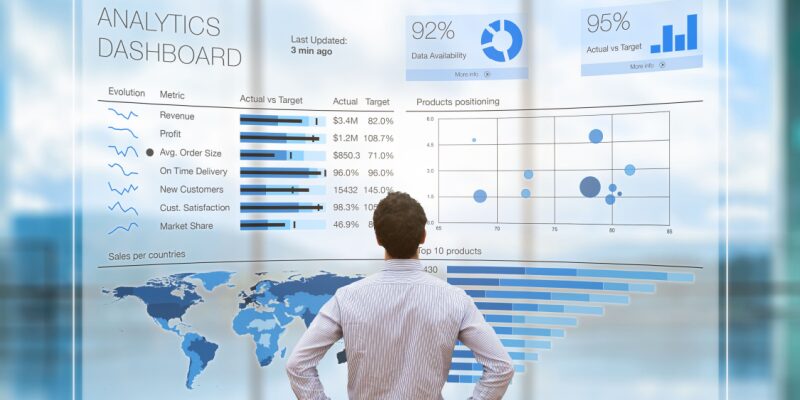In the ever-evolving landscape of data analytics, tools like Power BI have revolutionized the way organizations derive insights and make decisions. With its powerful capabilities for data visualization and analysis, Power BI has become an indispensable asset for businesses worldwide. However, as we harness the power of data to drive innovation and growth, we must also recognize the ethical responsibilities that come with it.
Ethics in data analytics, particularly in tools like Power BI, is not just a matter of compliance or legal requirements. It’s about ensuring that the insights we derive and the decisions we make are fair, unbiased, and respectful of individual privacy and rights. In this article, we'll delve into the ethical considerations surrounding Power BI and how organizations can navigate them responsibly.
Transparency and Accountability
One of the fundamental ethical principles in data analytics is transparency. Users of Power BI must understand how data is collected, processed, and utilized to generate insights. Transparency builds trust among stakeholders and enables informed decision-making. Organizations should document their data sources, processing methods, and any transformations applied to the data within Power BI reports.
Moreover, accountability is essential in ensuring that individuals or teams responsible for creating and maintaining Power BI reports adhere to ethical guidelines. Establishing clear roles and responsibilities, implementing review processes, and fostering a culture of accountability are crucial steps in upholding ethical standards.
Data Privacy and Consent
Respecting individuals' privacy rights is paramount in ethical data analytics. When working with sensitive or personally identifiable information within Power BI, organizations must ensure compliance with relevant data protection regulations such as GDPR or CCPA. This includes obtaining explicit consent from individuals before collecting or processing their data for analytics purposes.
Additionally, organizations should implement robust security measures to safeguard data stored and processed within Power BI. Encryption, access controls, and regular security audits are essential for protecting sensitive information from unauthorized access or breaches.
Bias Mitigation and Fairness
Bias in data analytics can lead to discriminatory outcomes and undermine the integrity of insights derived from Power BI reports. Whether it’s algorithmic bias in data modeling or unconscious bias in data interpretation, organizations must actively identify and mitigate biases throughout the analytics lifecycle.
In Power BI, this involves scrutinizing data sources for potential biases, testing and validating models for fairness across demographic groups, and promoting diversity and inclusion in the teams responsible for data analysis. Additionally, implementing bias detection tools and conducting regular audits can help uncover and address biases that may arise in Power BI reports.
Empowering Users with Education and Awareness
Ethical data analytics is not solely the responsibility of data scientists or analysts; it requires the participation of all stakeholders, including business users and decision-makers. Organizations should invest in educating users about ethical considerations in data analytics and providing them with the necessary tools and resources to evaluate the ethical implications of their actions within Power BI.
By fostering a culture of ethical awareness and empowerment, organizations can ensure that Power BI is used responsibly to drive positive outcomes while minimizing potential harm.
To sum up, As Power BI continues to empower organizations with valuable insights and analytics capabilities, it's imperative that we uphold ethical principles in its usage. Transparency, data privacy, bias mitigation, and user education are essential pillars of ethical data analytics that must be integrated into every stage of the analytics lifecycle within Power BI.
By embracing ethics as a guiding principle in Power BI deployment and utilization, organizations can build trust, mitigate risks, and maximize the positive impact of data analytics on both business outcomes and society as a whole. Let’s harness the power of Power BI responsibly and ethically, ensuring that our insights and decisions contribute to a more equitable and sustainable future.





